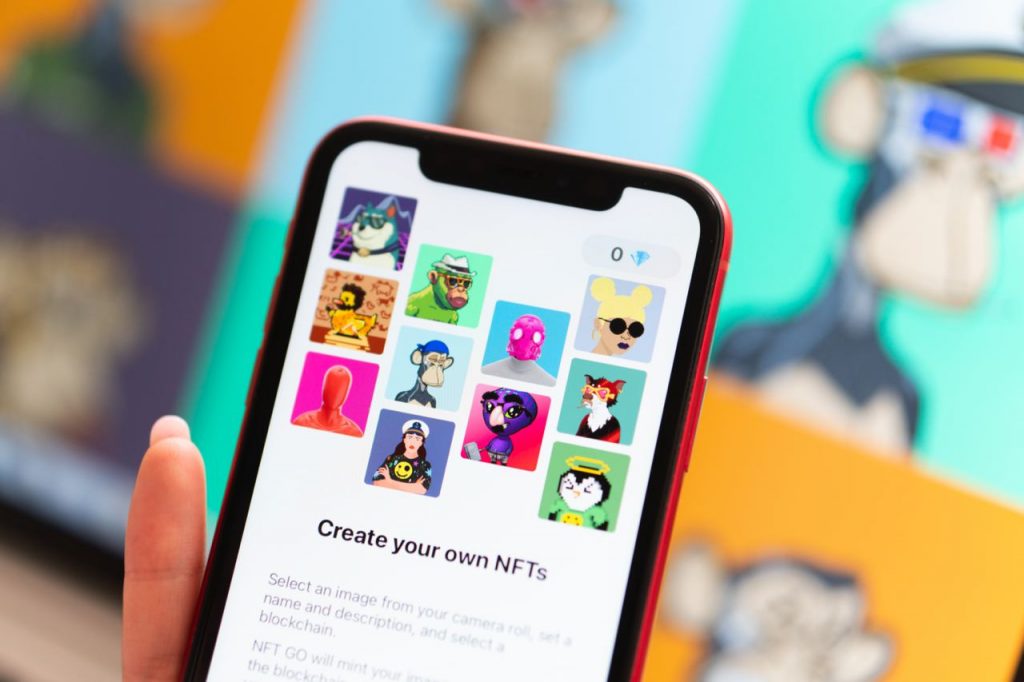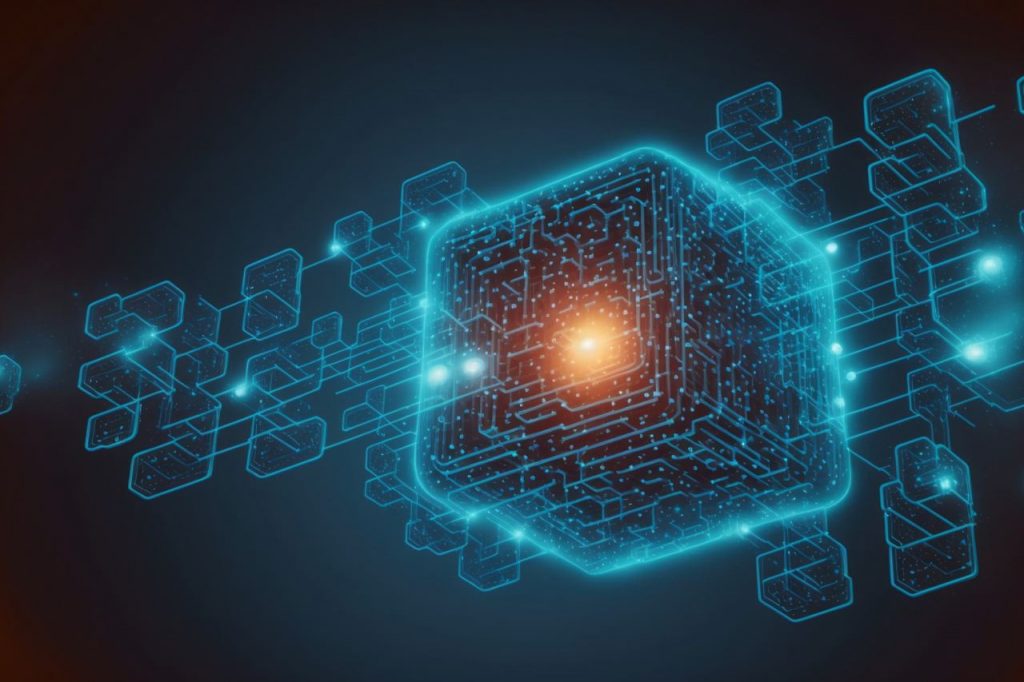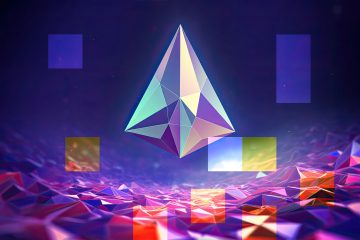The technology world is always evolving and with it comes new trends. One of the most interesting trends that has been gaining traction in 2021 is decentralized applications, or dApps. By utilizing blockchain technology, dApps offer users a secure and transparent platform to interact with digital assets, smart contracts, and other features. As the technology continues to mature and be more widely used, we can expect decentralized applications to become even more popular in 2023.
In this blog post, we will explore what a dApp is, how it can benefit you, examples of decentralized applications, what makes an app decentralized, DApp crypto and NFTs (Non-Fungible Tokens), five applications of distributed systems in blockchain technology and more.
We’ll also look at whether or not it’s true that dApps are going to be a trend in 2023. So let’s dive into the fascinating world of dApps.

And before we start:
- In 2020, there were over 6500 dApps recorded in the Ethereum Network, an increase of 20% since 2019.
- Over 1 billion US Dollars have been processed by decentralized applications since 2017.
- The average daily transaction volume on active dApps increased from 79 million to 134 million between June and December 2020, representing a 70% growth rate.
What is a dApp?
A decentralized application (dApp) is an application that runs on a distributed computing system and utilizes blockchain technology. It has both front-end and back-end components, but unlike traditional web applications, its code is publicly available and hosted in a secure, distributed manner. The data stored in the dApps is also secured using powerful encryption algorithms.
The primary benefit of using dApps is their decentralized nature. By running on a distributed system, decentralized applications are more secure and less vulnerable to cyberattacks than traditional web applications.
Additionally, users have full control over their data since the information is securely stored in a decentralized ledger. This helps protect against data misuse and manipulation as well as privacy violations. Finally, dApps are typically faster and more efficient than traditional applications since they can leverage the power of multiple computers to run complex operations in parallel.
What makes an app decentralized?

An app is considered decentralized if it operates on a distributed system, such as the blockchain. This means that instead of relying on a single central server to store and process data, the application utilizes multiple computers all over the world.
This allows for faster processing speeds since tasks can be completed in parallel. Additionally, because the data is stored on a distributed ledger, it is much more secure and resistant to cyberattacks than data stored on a single server. Finally, users have full control over their data since they are the ones who own and manage the private keys needed to access it.
DApp Crypto and NFT
DApps can also be used to create and manage digital assets, such as cryptocurrencies and non-fungible tokens (NFTs). Cryptocurrencies are typically created using the blockchain technology that powers dApps. They provide a secure and transparent way to store, transfer and trade value on a distributed ledger. Non-fungible tokens represent unique assets, such as digital art or collectibles, which can be bought and sold on the blockchain.

Five applications of distributed systems in blockchain technology
- Smart Contracts: Smart contracts are digital agreements written into computer code that enable users to securely exchange goods or services without the need for a third-party intermediary. Smart contracts run on the blockchain and automatically execute when certain conditions are met, ensuring that all parties involved in the contract adhere to its terms.
- Supply Chain Management: The use of distributed ledgers allows businesses to securely track goods as they move through their supply chain. This helps reduce costs and improve security by ensuring that all parties involved in a transaction have accurate and up-to-date information about the location, ownership and status of goods.
- Decentralized Exchanges: Decentralized exchanges utilize distributed ledger technology to enable users to securely exchange digital assets without the need for a middleman or third party. This eliminates the security risks associated with centralized exchanges and helps ensure that users have full control over their funds.
- Digital Identification: dApps can also be used to create digital identities for individuals on the blockchain, allowing them to securely store personal information such as bank accounts, medical records and passports in a secure and immutable manner. This can help reduce fraud and protect against identity theft.
- Data Management: The use of distributed ledgers allows businesses to securely store and manage data in a decentralized manner. This helps protect against data breaches and ensures that all parties involved in a transaction have accurate and up-to-date information. Additionally, it can help reduce costs associated with data storage and maintenance.
Overall, distributed systems play a crucial role in the development of blockchain technology by providing a secure and efficient platform for applications such as smart contracts, supply chain management, decentralized exchanges, digital identification and data management. By utilizing distributed ledger technology, users can securely store, transfer and trade value without the need for a middleman or third party.
This helps reduce costs and improve security, making it an invaluable tool for businesses and individuals alike.
DApps it’s a trend of 2023: Is it true?
Yes, it is true that dApps are becoming a trend in the digital world. The use of distributed ledgers has become increasingly popular for businesses and individuals alike due to its secure and cost-effective nature.
Additionally, with the development of new technologies such as smart contracts, decentralized exchanges, digital identification and data management, dApps have become even more attractive to use. As the technology continues to evolve, it’s likely that we will see an even greater adoption of dApps in the coming years.
Conclusion
In conclusion, dApps are becoming a major trend due to their secure and cost-efficient nature. By utilizing distributed ledger technology, users can securely store, transfer and trade value without the need for a middleman or third party. Additionally, new technologies such as smart contracts, decentralized exchanges, digital identification and data management are making dApps even more attractive to use. As the technology continues to evolve, it’s likely that we will see an even greater adoption of dApps in the coming years. At FortySeven we have a significant expertise in developing projects implementing Blockchain, developing dApps, crypto exchanges and many more. Book a free consultation with our expert to know more.



